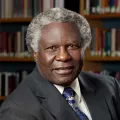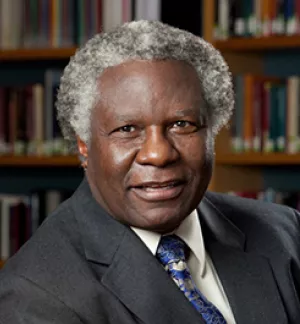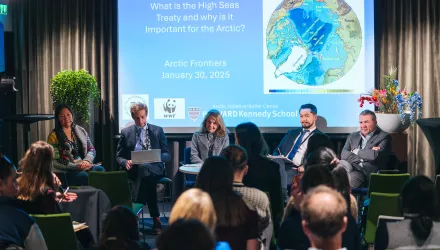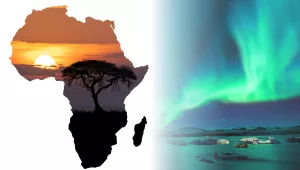Report Prepared for the International Whaling Commission
Introduction
Background to this report
At its last session in Anchorage, the International Whaling Commission (IWC) agreed that an intersessional meeting should be held prior to the 2008 Annual Meeting to provide an opportunity for Contracting Governments to discuss the future of the organisation, given inter alia the impasse reached on the Revised Management Scheme (RMS) and the number of issues for which polarisation rather than consensus appear to be the norm within the Commission.
The Commission agreed to establish a Steering Group to help prepare the meeting. The Steering Group comprised the Commission Chair, Vice Chair and representatives (from Chile, New Zealand and Palau) of three non-IWC meetings held between the 2006 and 2007 Annual Meetings to discuss the future of IWC.
The Steering Group met in Washington in October 2007 and noted that attempts made to date to find a way out of the impasse in which IWC currently finds itself have not worked, and agreed that there is an urgent need to explore ways that might be more successful and which can improve levels of trust amongst members and others.
Rather than launching into negotiations on substantive issues where major differences among IWC members exist, the Steering Group agreed that, initially, it would be more fruitful to take a process-orientated approach and to seek ways to improve how negotiations within the IWC are conducted.
I was engaged by the Commission to help with the planning and execution of the March 2008 Intersessional Meeting of the Future of IWC and to help identify other outside experts with experience in handling difficult international issues who would be invited to become involved.
Part of my preparation involved private interviews with Commissioners and/or Alternate Commissioners conducted by telephone or in person at the intersessional meeting to gain an understanding of individual IWC Contracting Government views regarding inter alia how the conflict in IWC arose and how they believe it might be resolved. I also sought similar input from IWC-accredited non-governmental organizations (NGOs).
This document is a synthesis of the views and ideas expressed during the interviews. The purpose of the document is to provide the IWC with a starting point for negotiating how to shape the future of the organization without prejudging the outcome. The document does not cover the full range of input provided to me during the interviews but focuses on key issues related to finding solutions to many of the challenges in the regime through diplomatic means. This approach is guided by the view that there is sufficient knowledge and expertise in the IWC community to provide specific recommendations through a diplomatic process.
Escalation and ramifications
During discussions and interviews with IWC Commissioners and other stakeholders, the majority expressed concern that the controversy over whaling had escalated in recent years as reflected in the rise in media coverage over the confrontation in the Southern Ocean involving Japan's research whaling conducted under special permit.
These confrontations have been receiving increasing media coverage and as a result have highlighted the political nature of the whaling issue. In fact, the issue has now acquired greater diplomatic significance as is illustrated by the recent decision of Australia to appoint a fulltime envoy to deal with whaling. In addition, whaling issues have become a key item on the agenda of diplomatic relations between a growing number of countries. The rise in the number of contracting parties to the whaling treaty is an indication of growing interest in the international community at large.
Furthermore, the tactics used by some campaign groups opposing whaling have become more militant, attracting condemnation from IWC member governments via recent Resolutions and statements. On the whole, the escalation is decisively moving the issue from the purview of natural resources management per se into the domain of international diplomacy.
This escalation has implications for the conservation and management of whales in general and for the functioning of the IWC in particular. On the one hand, the escalation has the potential to undermine confidence in the ability of the international community to address critical issues related to the world's oceans. The confrontation is hardly contributing to the conservation of whales given the wide range of threats to which they are exposed. But it also offers an opportunity to find negotiated solutions given the attention that the international community is now paying to the issue.
Despite the challenges, the majority of the Commissioners and stakeholders were optimistic that a diplomatic solution was possible despite divergent views among IWC members. more>
Juma, Calestous. “The Future of the International Whaling Commission: Strengthening Ocean Diplomacy.” International Whaling Commission, May 16, 2008





